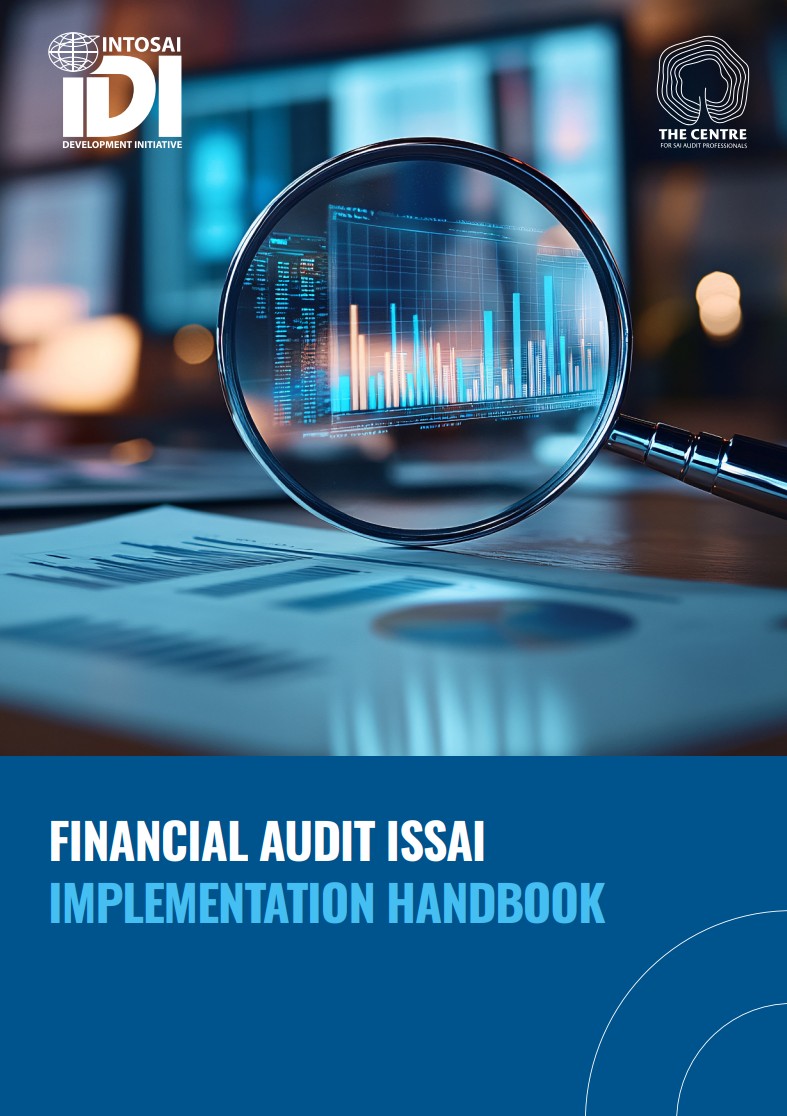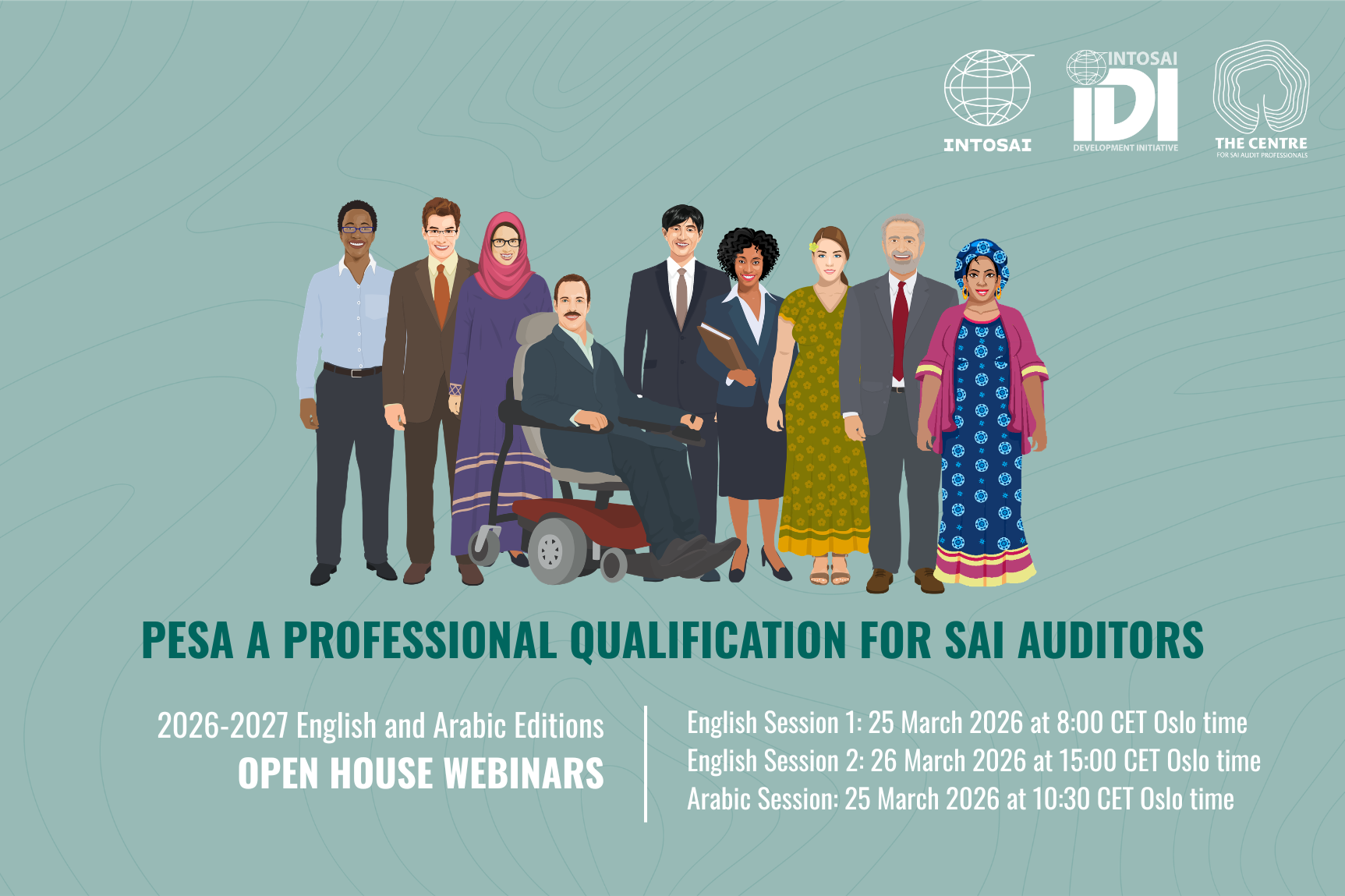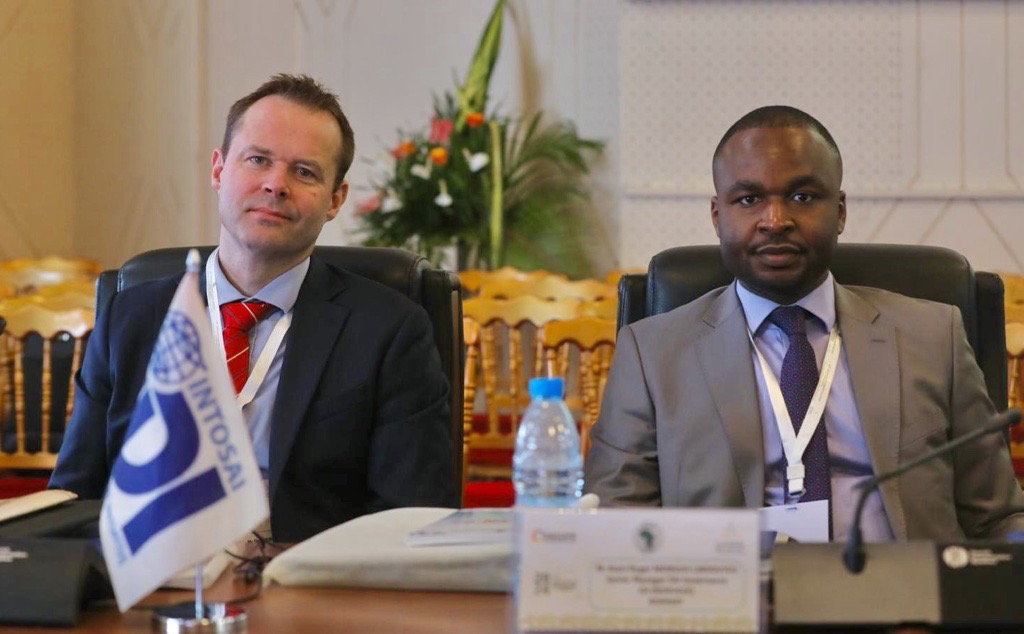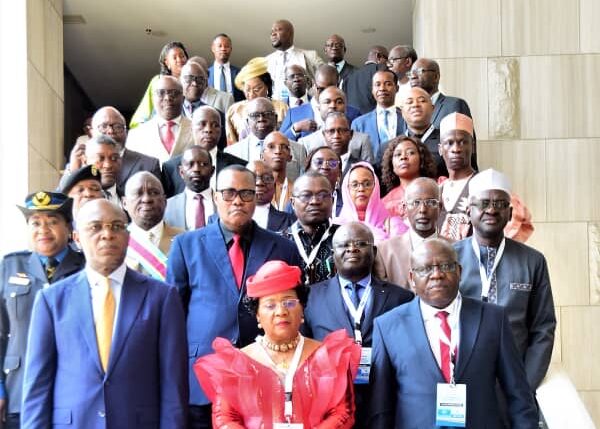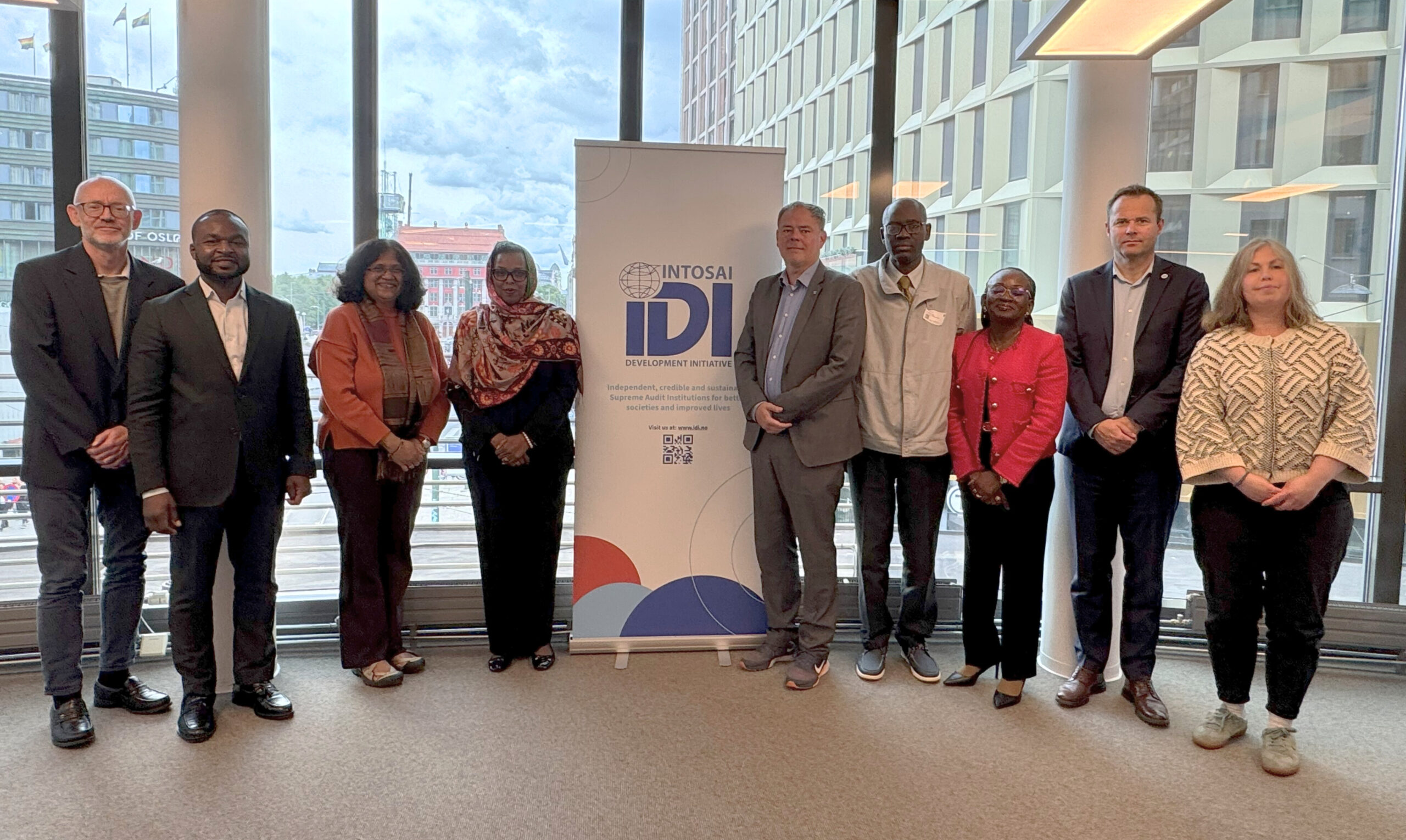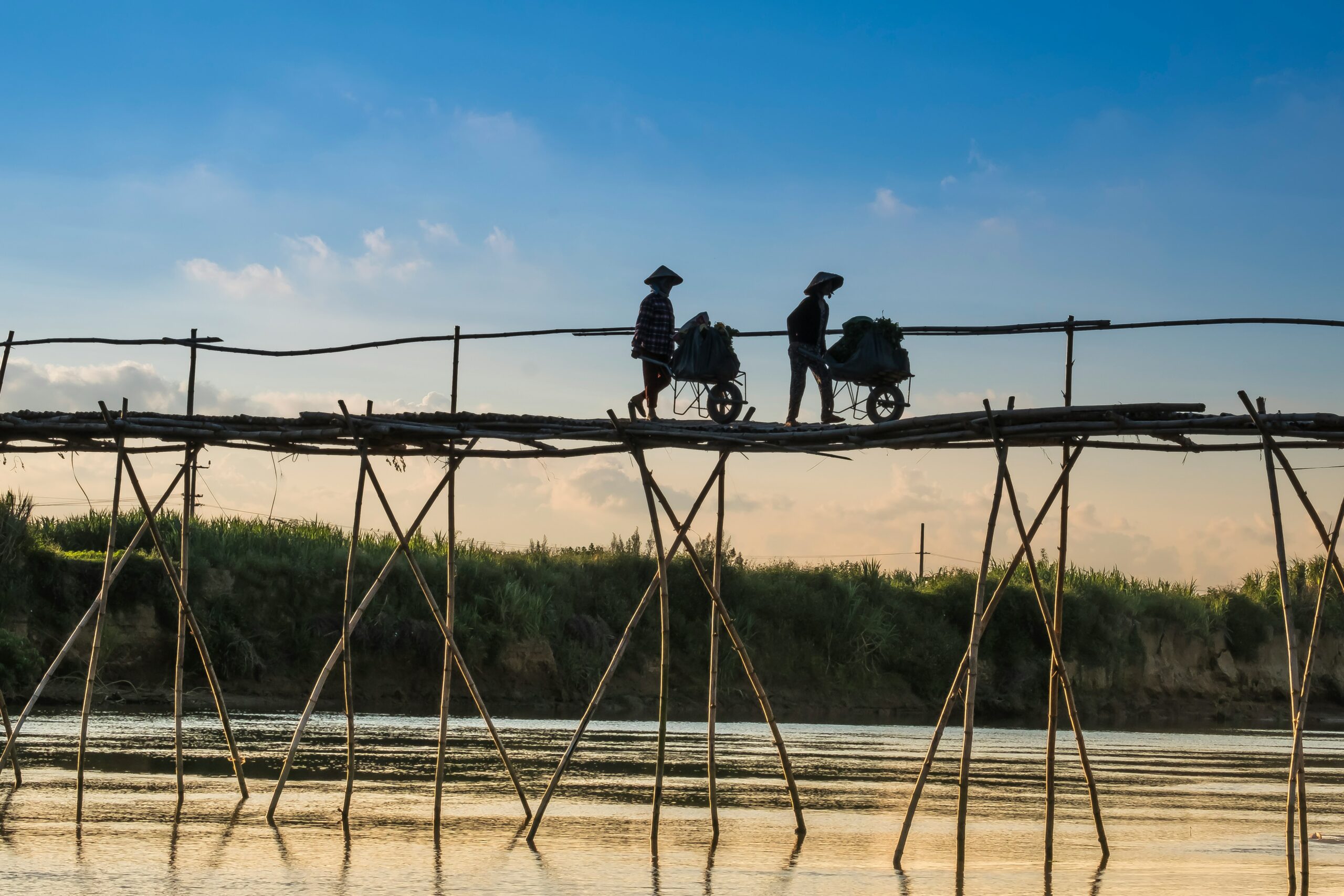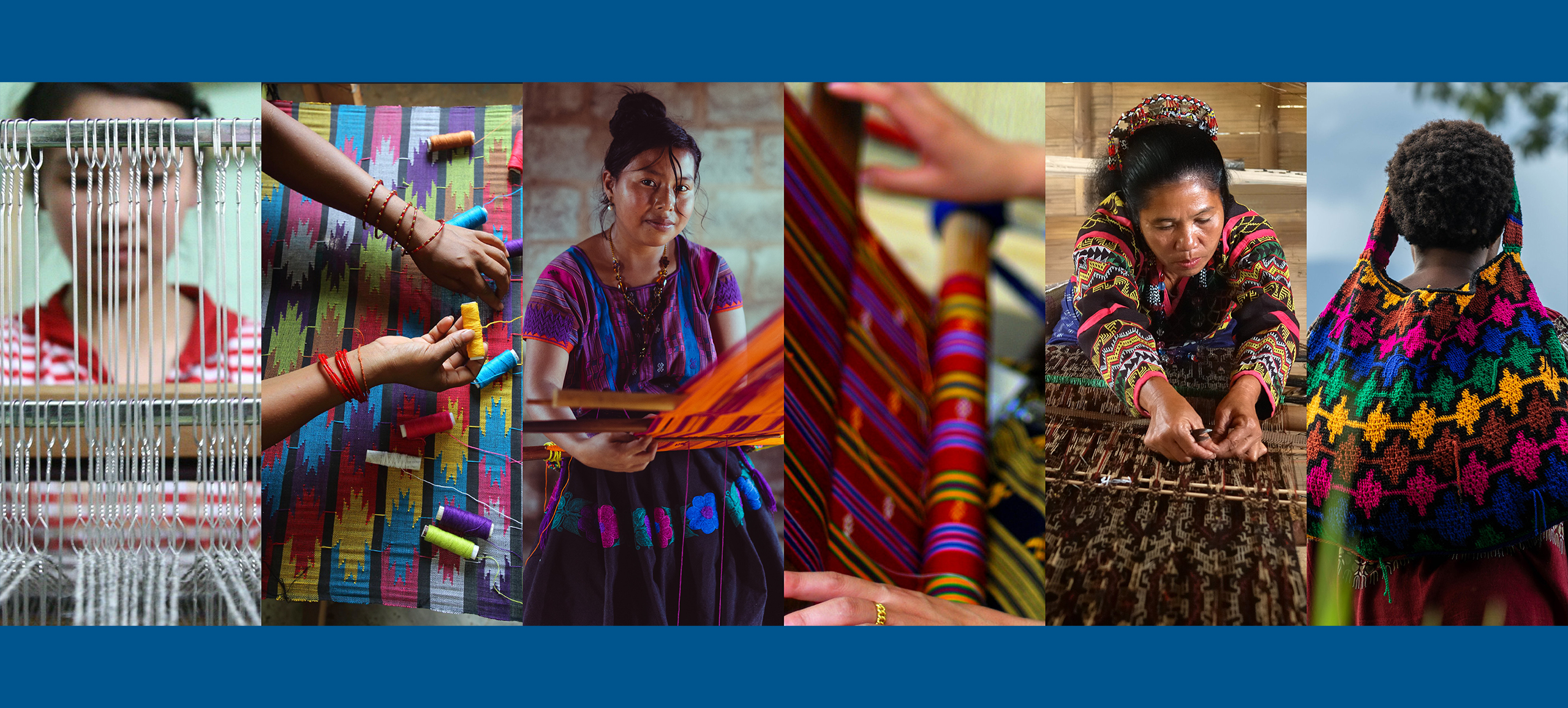French-speaking Sub-Saharan Africa
About CREFIAF
CREFIAF is one of the three subregional groups of the African Organization of Supreme Audit Institutions (AFROSAI), alongside AFROSAI-E (English) and AFROSAI-A (Arabic). Established in Yaoundé, Cameroon, in 1997, CREFIAF brings together 23 member Supreme Audit Institutions (SAIs). Of these, 19 operate under the jurisdictional model of SAIs, while four follow the inspectorate general model.
CREFIAF serves as a platform for cooperation, capacity building and innovation. Guided by a shared commitment to good governance, accountability, and transparency, the organization supports its members in addressing challenges such as limited independence, evolving sociopolitical contexts, and growing demands for public accountability. Its overarching mission is to strengthen public sector auditing and contribute to national development across Francophone Sub-Saharan Africa. For the period 2025–2030, CREFIAF is supporting its member SAIs through the following strategic priorities:
- Strengthening the legal, institutional, and organizational framework of member SAIs to reinforce independence and effectiveness.
- Enhancing technical and professional capacities, ensuring that SAIs have the skills and tools required to meet emerging audit challenges.
- Promoting transparent, optimal, and exemplary management of CREFIAF itself, positioning the organization as a model of good governance and accountability.

Why IDI–CREFIAF Cooperation Matters?
Since CREFIAF’s establishment in 1997, IDI has been a key partner in strengthening the capacity of its members. Over more than two decades, cooperation has taken the form of targeted programmes and initiatives in different areas of institutional, professional and organisational capacity development, including:
- Training Specialists Programme (1998–2009) – built a pool of professional trainers within SAIs.
- Strategic Planning Programme (2010–2012) – supported SAIs in developing strategic and operational plans.
- Human Resource Management Programme (2012–2013) –contributed to enhancing institutional HR practices.
- ISSAI Facilitators Certification Programme (2014–2016) – certified facilitators to support ISSAI implementation.
- SAIs Fighting Corruption Programme (2017–2020) – contributed to strengthening audit institutions in addressing ethical and integrity risks and overseeing national instutional frameworks for fighting corruption.
- SAIs Engaging with Stakeholders Programme (2018–2020) – contributed to fostering constructive external engagement with SAI institutional and non-institutional stakeholders.
- Cooperative Audit on SDG Implementation Preparedness (2018–2020) – supported SAIs in assessing national readiness for SDGs.
- LMS Administrators Training (2018) – supporting eLearning systems management.
- eLearning Specialists Certification (2019–2020) – built regional digital learning expertise.
- Cooperative Compliance Audit on the Use of COVID-19 Emergency Funds (TAI, 2020–2022) – supported SAIs in contributing enhancing accountability in crisis response.
- Strategy, Performance Measurement and Reporting (SMPR) Initiative, round 1 (2019–2022) – advancing SAI strategic management and accountability.
- Holistic Bilateral Support Projects through the PAP-APP Programme and Tantana projects (Guinea, DRC, Madagascar, Niger, Togo (2017-2024)

Working with the CREFIAF Secretariat
- Joint design and delivery of capacity development initiatives, with the contribution of regional resource persons pools.
- IDI participation in CREFIAF statutory meetings, including the General Assembly and Executive Board.
- Contribution to CREFIAF-led capacity development projects.
- Co-development of regional research, tools, and guidance.
- Tailored support to individual SAIs to address specific institutional needs.
- Continuous strategic engagement between IDI leadership and CREFIAF leadership on planning, monitoring and assessing the IDI support to the SAIs from the region.
Besides the CREFIAF Executive Secretariat, the regional governance structure includes a General Assembly—currently chaired by the SAI of Djibouti for the 2024–2027 period—as well as two technical committees responsible for professional capacity development and institutional matters, respectively chaired by the SAIs of Senegal and Gabon.
